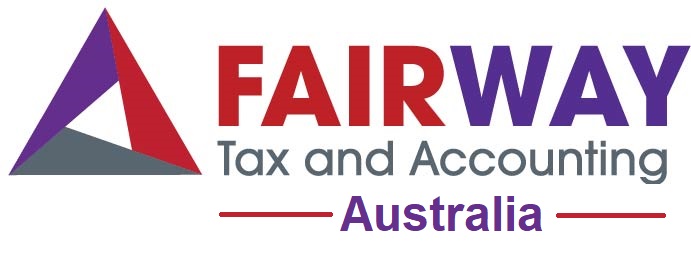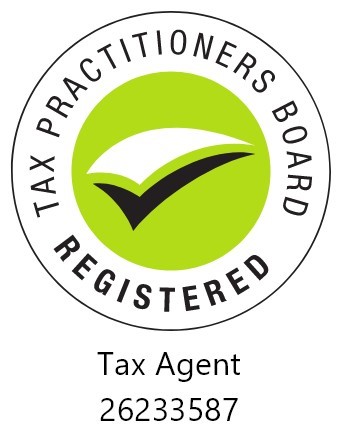Overview
The UK Autumn Budget on 30 October 2024 confirmed the previously announced plans to remove the concept of non-domiciles and the associated Remittance Basis of income taxation in the UK from 6 April 2025.
The Remittance Basis will be replaced by the Foreign Income and Gains “FIG” regime, but current non-UK domiciled taxpayers who have been UK-resident since before 22-23 UK tax year will not qualify for the FIG regime and so will be subject to UK tax on their worldwide income and gains from 6 April 2025.
However, amongst the current non-UK domiciled residents there will be taxpayers who have claimed the Remittance Basis in previous UK tax years.
Where these non-UK-domiciled taxpayers hold foreign (non-UK) Capital Assets that they owned on 5 April 2017, the new draft legislation allows for these assets to be “rebased” for UK tax to the market value on 5 April 2017, so that on a future sale the UK taxable gain is only calculated on the uplift from that date. For properties that have been held for a long period of time this could be a valuable relief.
Taxpayers can elect to ignore this rebasing, if for example the sale of the property would generate a loss without it, and if they wish to, must do so within 4 years of the end of the tax year in which the disposal occurred.
Example
Sam, an Australian-national, has been living in the UK since June 2018. He has an Australian investment property, which he has owned since 2002 (purchase price AU$850,000) and has been claiming the remittance basis of taxation in the UK, so that he does not have to pay UK tax on his rental income.
Sam is a higher-rate taxpayer in the UK.
Having decided to settle permanently in the UK, Sam decides to sell his property and bring the proceeds to the UK to invest in the UK. The sale price of the property is AU$1,950,000. The market value of the property on 5 April 2017 was AU$1,550,000.
NOTE: for the purposes of the example, we will ignore the exchange rate movement impact and just calculate the position in AUD. We will also ignore the Australian tax impacts – focussing solely on the UK tax position.
If Sam sells now and brings the proceeds to the UK, he will be taxed in the UK on a gain of AU$1,100,000, so ignoring allowable expense deductions from the gain and the CGT Annual Exempt amount, the tax liability would be AU$264,000.
If instead Sam sells after 6 April 2025, assuming the new draft legislation is implemented in its current form, Sam will only be taxed on a gain of AU$400,000, so on the same basis, the tax liability would be AU$96,000.
The new legislation has therefore saved Sam AU$168,000 in tax.
Summary
This rebasing can apply to the disposal of any assets subject to Capital Gains Tax in the UK provided:
- The asset was owned by the taxpayer on 5 April 2017
- The asset was not situated in the UK at any time between 6 March 2024 and 5 April 2025
- The taxpayer was not domiciled in the UK at any time before 2025-26 tax year
- The taxpayer claimed the remittance basis (or qualified for the remittance basis to apply without claim) for at least one of the tax years from 2017-18 to 2024-25
So, it can apply to shareholdings, property and other capital assets.
The potential value of this provision (especially when considering real property assets, where the numbers are larger), might mean that a taxpayer who would normally choose the arising basis of taxation might instead claim the remittance basis in 2024-25, just to facilitate the rebasing of a foreign property asset or significant shareholding they intend to sell after 6 April 2025.
However, we would note that care should be taken to ensure that the tax position in the source country is also considered before making any decisions; in some cases, this could undermine any potential UK tax benefit.
We recommend that taxpayers considering using this proposed measure seek specialist advice to consider the overall tax implications. Your Fairway Team would be happy to assist in this regard.
DISCLAIMER: The following information is based on published Government policy papers and draft tax legislation. These measures will not become law until enacted, through the legislation passing both Houses of Parliament and receiving Royal Assent. It is possible that the draft legislation may be altered in its passage through Parliament.



